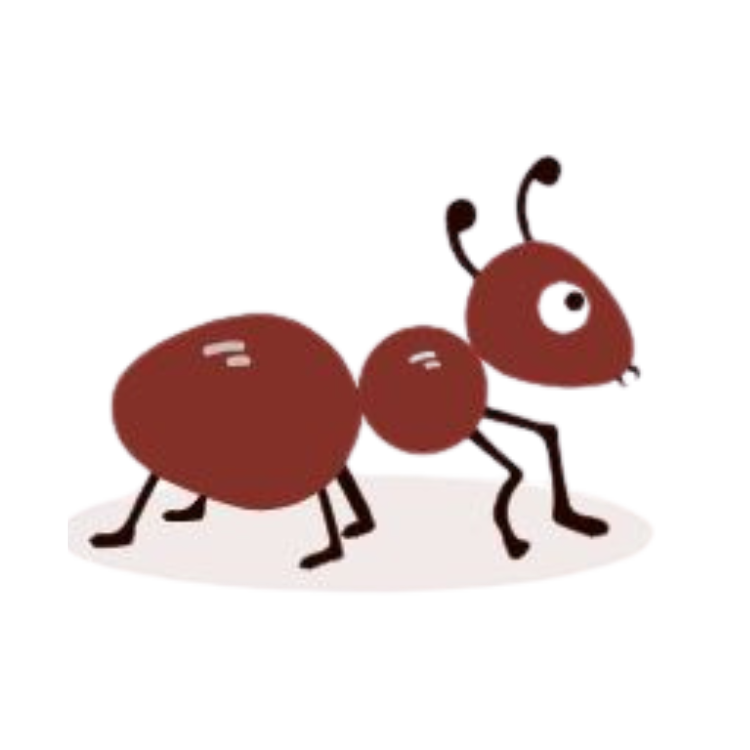08 / 31 / 2023
19:00 ~ 21:00
A319, Research Building, School of Medicine
Members of our center
6th Symposium: The Battle Against Viruses: Conquer, Compromise or Coexist?
Back to ListIn the annals of human history, numerous pandemics have erupted, from the ancient records of smallpox in Egypt to the medieval European scourge of the Black Death, the 20th-century Spanish flu, and the recent outbreaks of SARS and COVID-19. Each pandemic has left a trail of extensive fatalities. Yet, for pathogens, the demise of their hosts presents an evolutionary conundrum. Viewed through an evolutionary lens, the emergence of highly potent pathogens appears counterintuitive. For a considerable duration, the prevailing theory supported a decline in pathogen virulence.
However, in the 1970s and 1980s, Robert May and cohorts, encompassing ecologists and evolutionary biologists, unveiled a trade-off model of pathogen virulence through intricate mathematical constructs. Their proposition posited an equilibrium in pathogen virulence, stabilizing at moderate levels. Empirical validation bolstered this model, leading to widespread acceptance.
Nevertheless, recent revelations and thoroughgoing investigations into viruses have reignited uncertainty in this realm. May's trade-off model arose at a time when our comprehension of viruses remained limited. Subsequent advancements unearthed a slew of virus attributes that contravene certain assumptions fundamental to the traditional trade-off model as applied to pathogens.
Can viruses, as distinct pathogens, persist in maintaining virulence over protracted evolutionary periods, compelling compromise upon their hosts? Alternatively, could they eventually achieve coexistence devoid of repercussions or even foster mutual benefits?
In this symposium, Fuqiang Lin and Zijian Huang will offer their insights and engage in deliberations, presenting divergent perspectives. Join us this Thursday at Room A319 of the Research Building.









